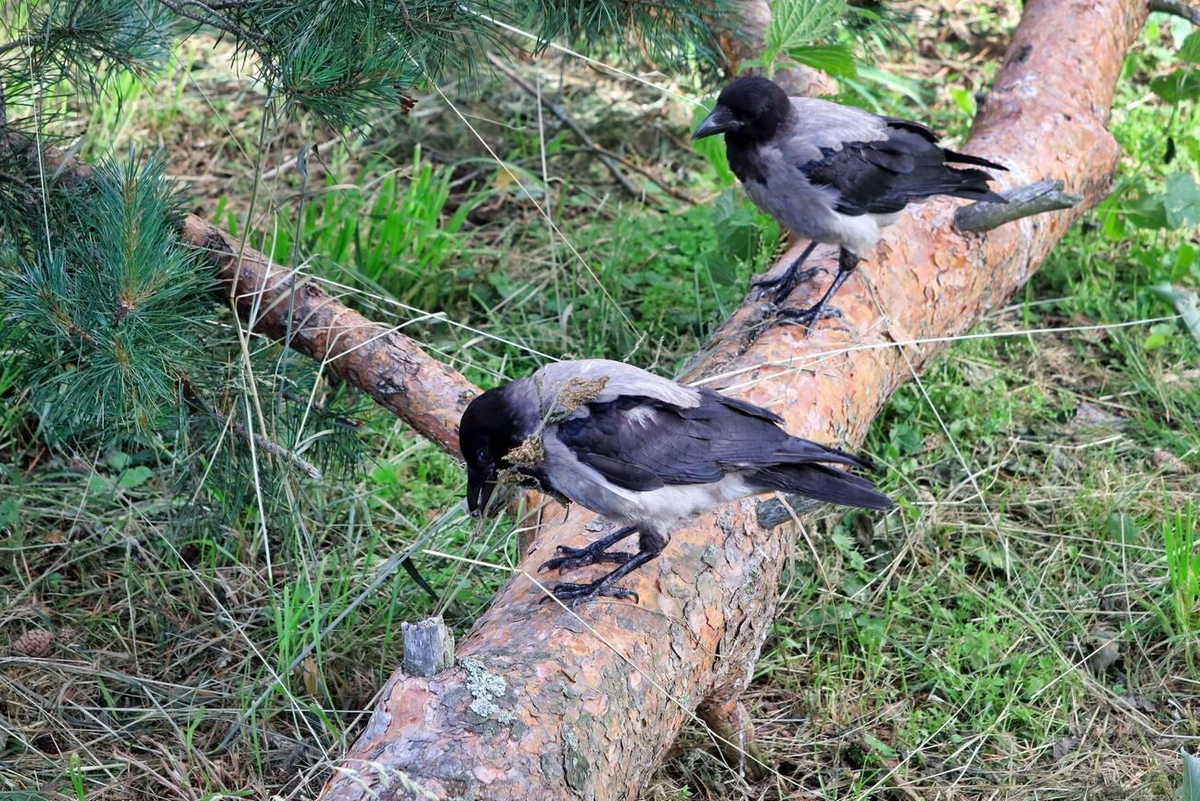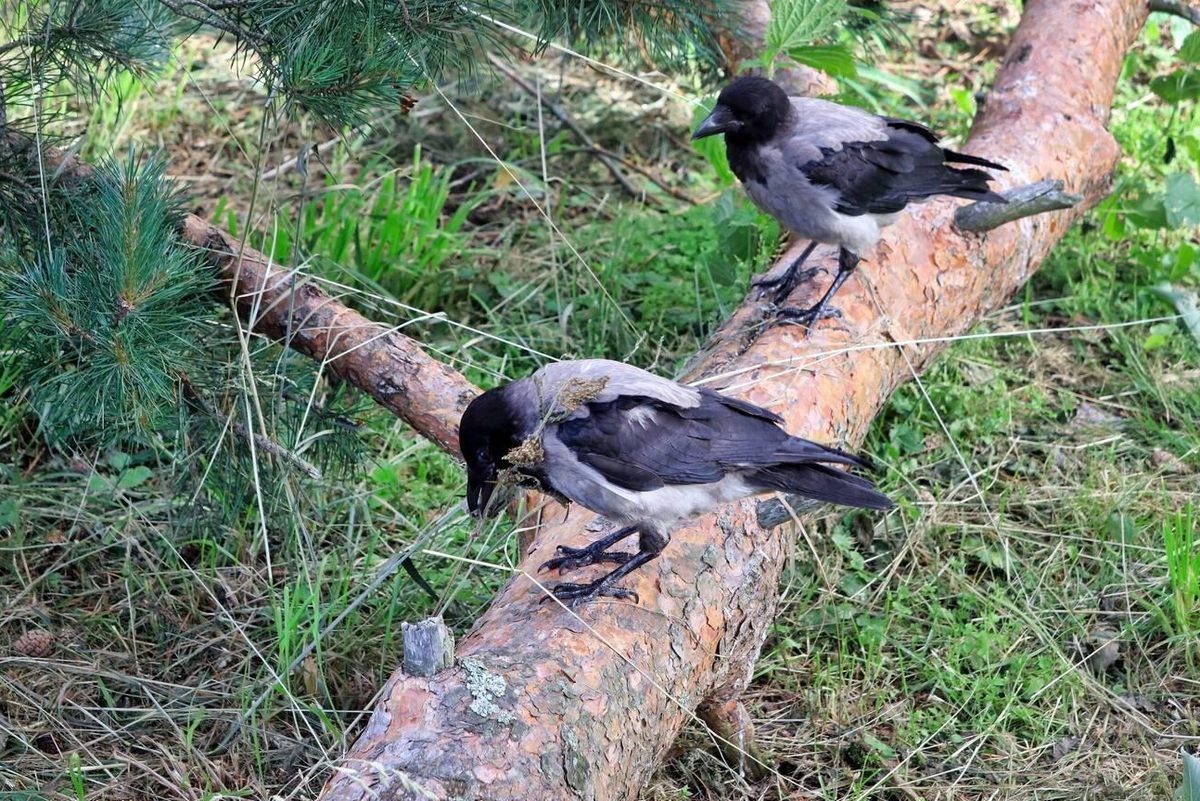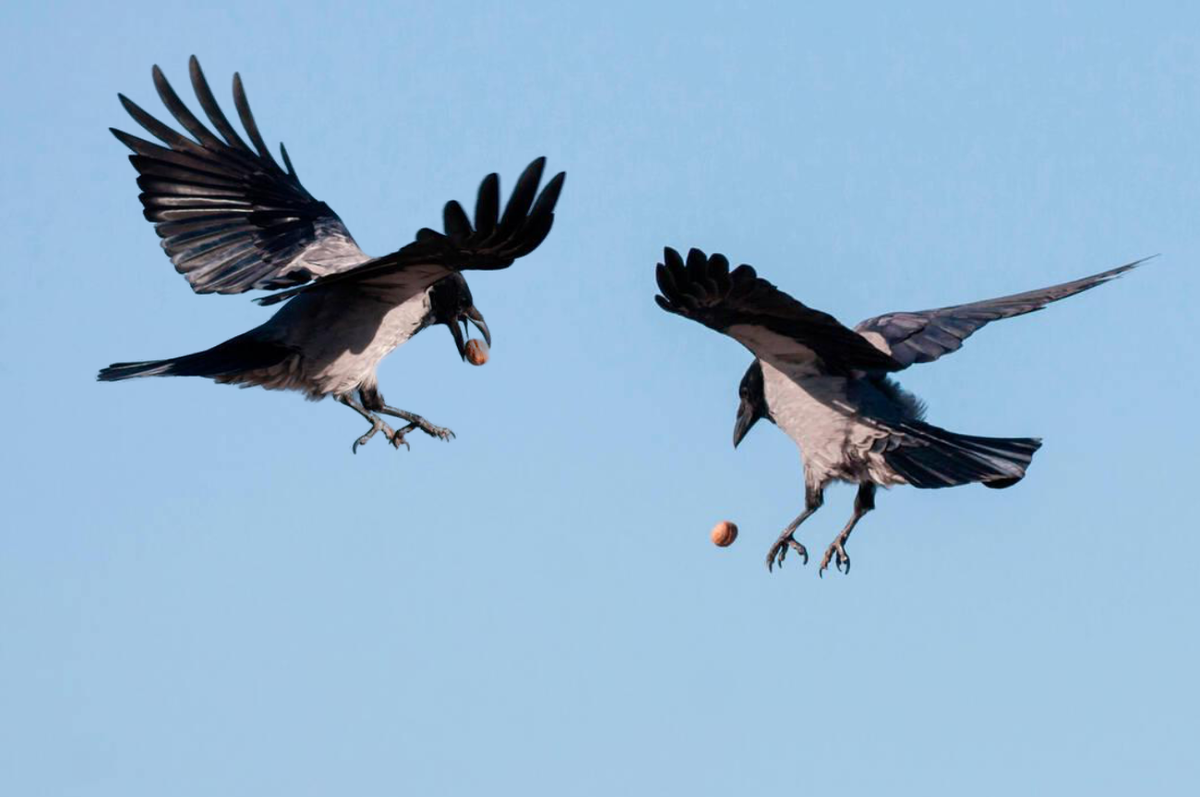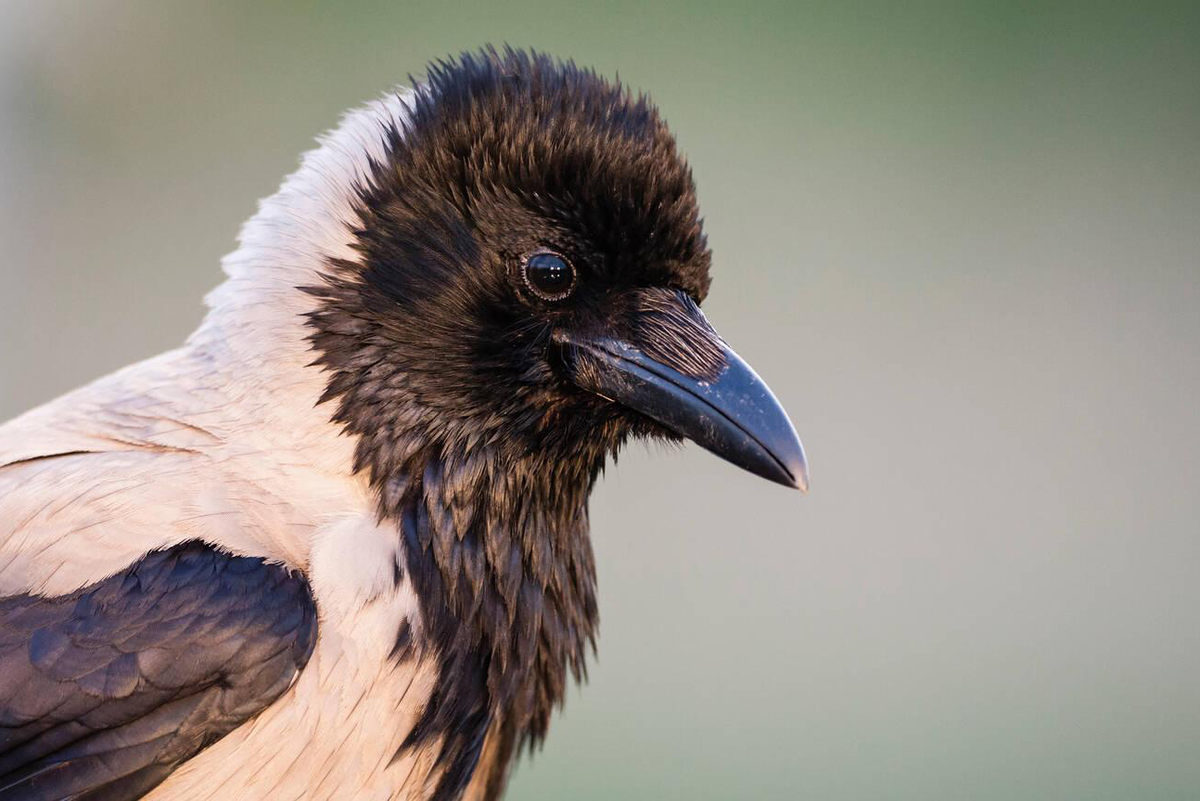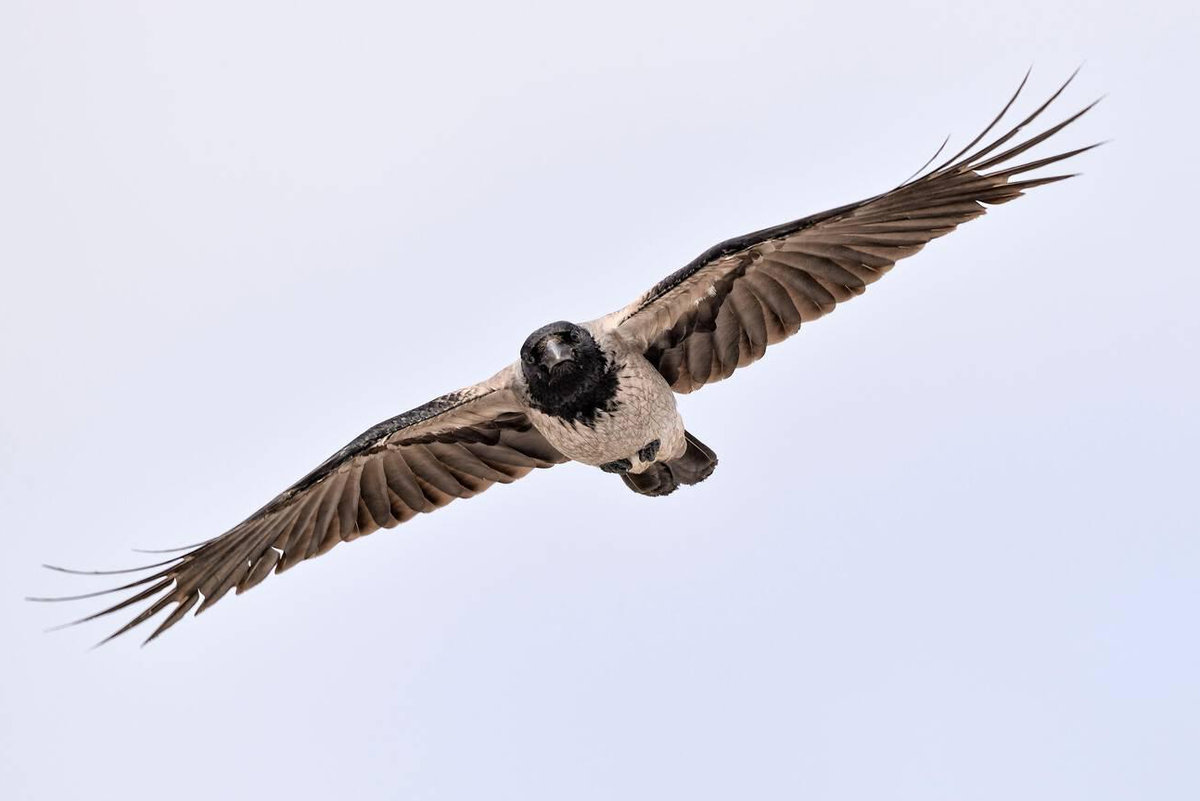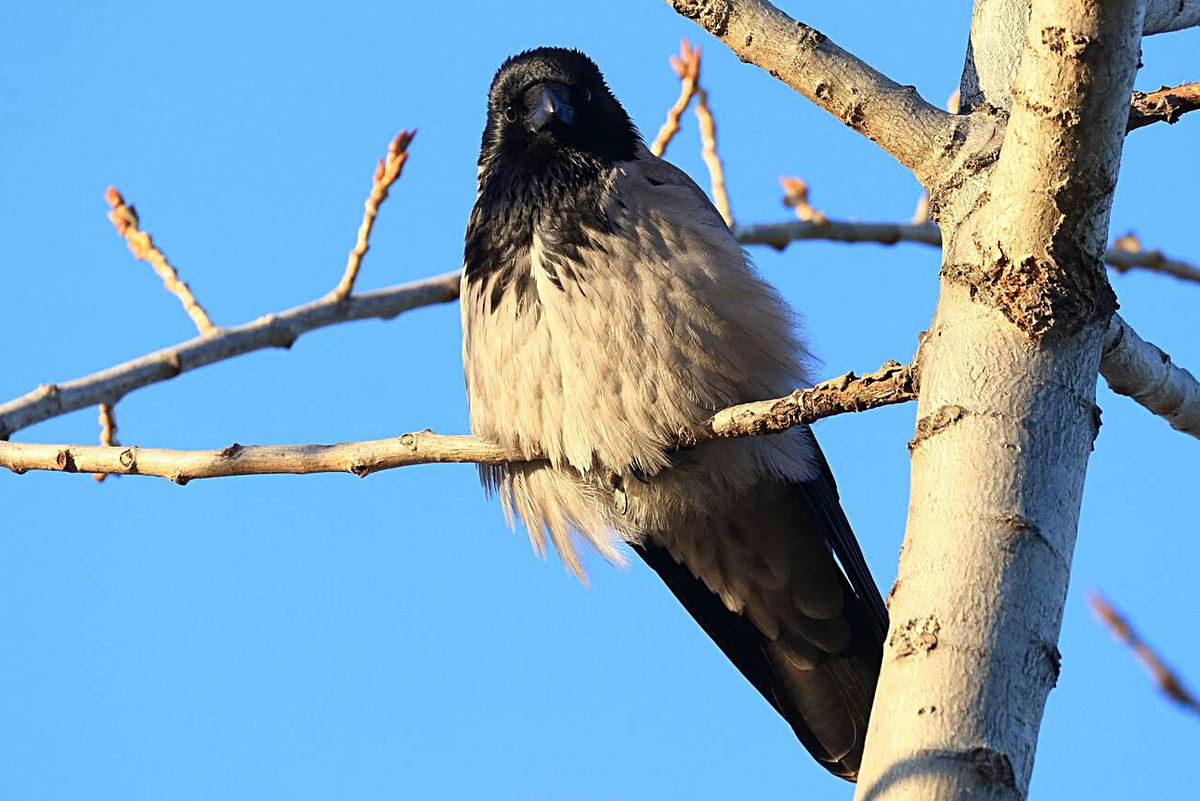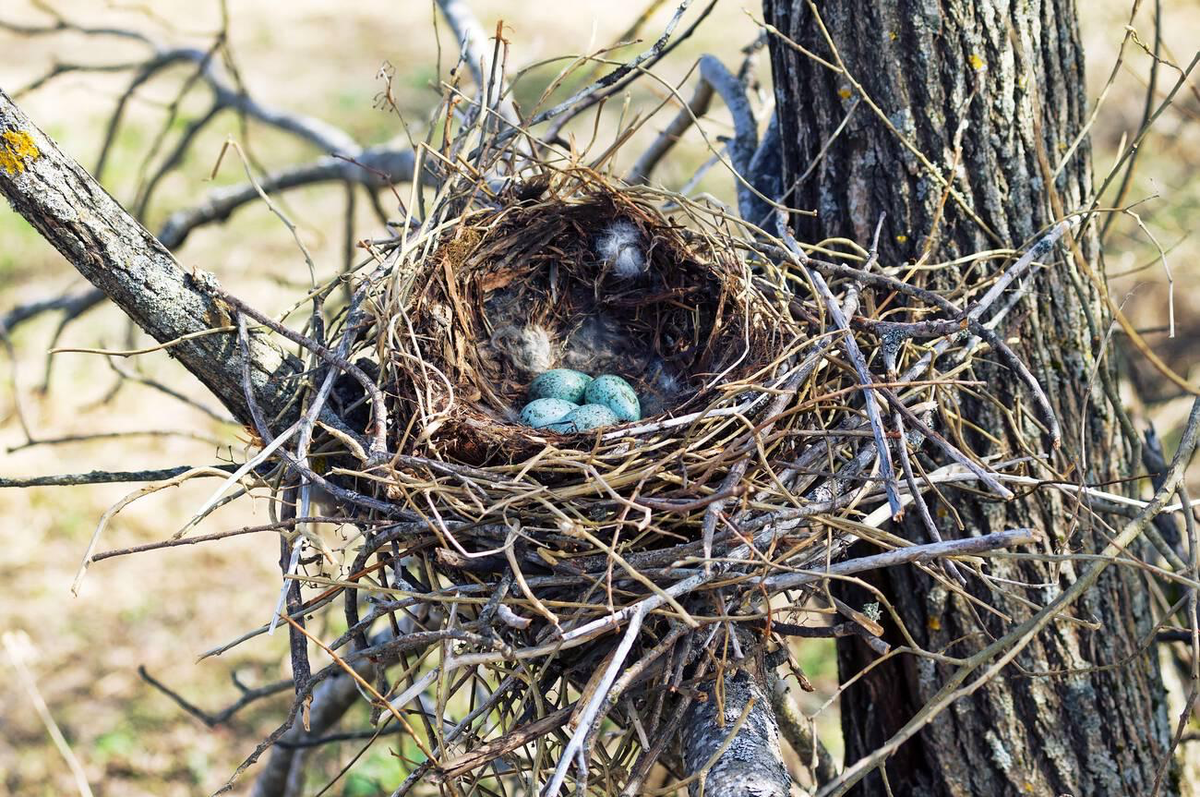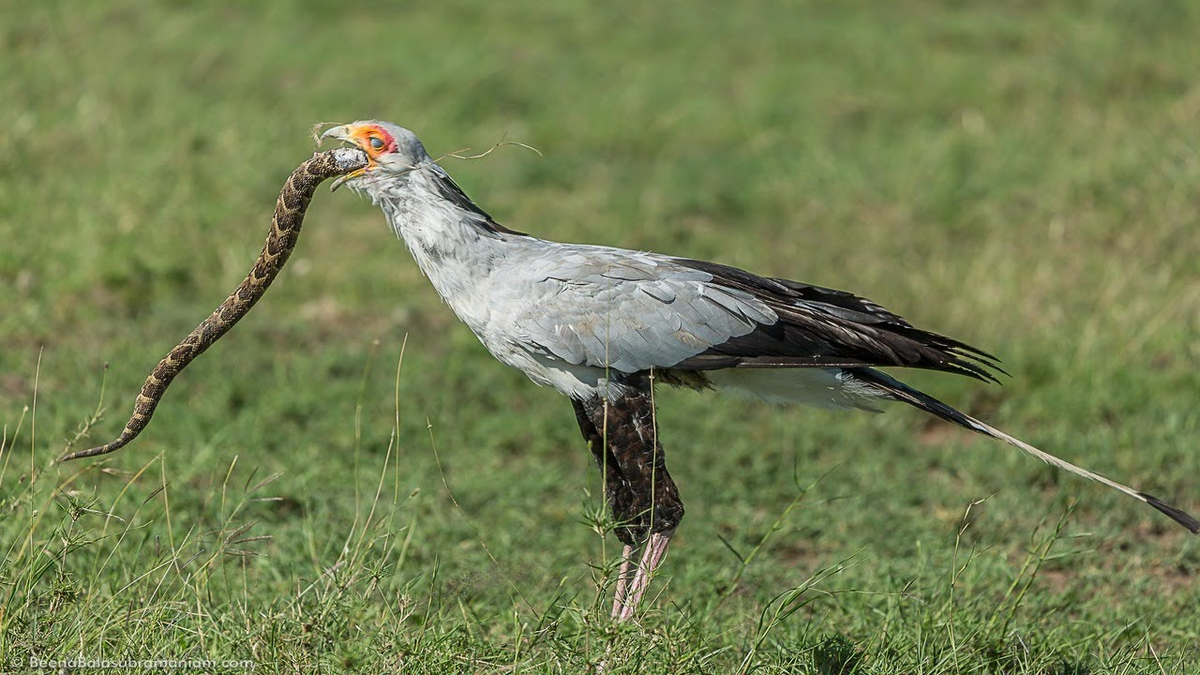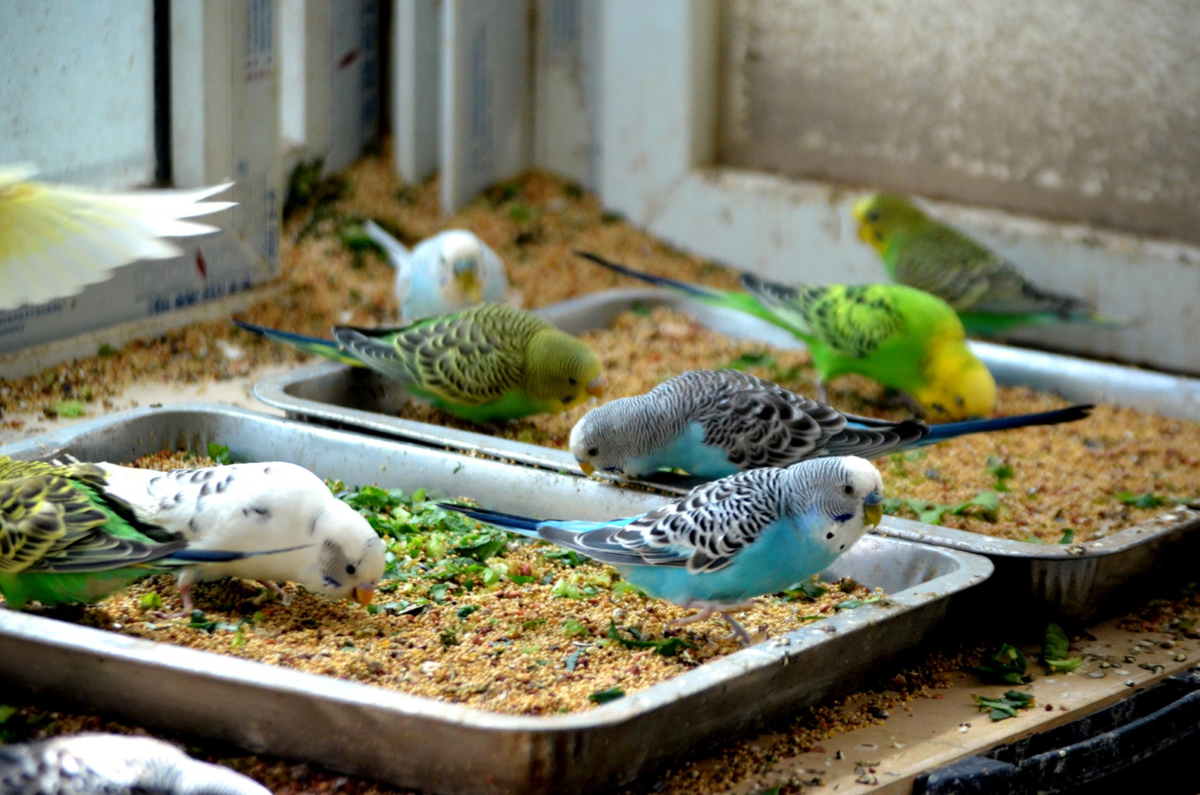From ancient times representatives of the crow family are considered one of the smartest birds. These feathered creatures can solve simple logical puzzles, make plans for the next day, deceive animals and humans... The list goes on and on! With the arrival of warmth, there are many interesting events in the life of the common crow.
Faithful partners
Young crows live in flocks until they find their better half. Then the family pairs leave the noisy communities, "nest" in the spring, and raise chicks. For migration, crows gather in flocks again... But they do not part ways! If the male "bids farewell to the sunset," the crow will return to the flock and spend the rest of its life among its kin.
Crows have one ritual that ornithologists cannot understand. When they discover a deceased member of their species, the crows surround it and fill the space with loud cries, and then fall mysteriously silent. A unique farewell to the departed comrade is characteristic of a few animal species but not widely spread.
Great adapters
In spring, crows can finally eat until they are full. Crows do not like to extract larvae and insects from hard bark with their beaks. They save their "noses," and often use twigs for picking in the forest. Crows drop nuts from a height onto the road, and soak dried bread in puddles and streams.
At the end of winter/early spring, crows slide down natural slopes and from sloping roofs. And individual individuals have learned to play "King of the Hill"!
Ants - the best helpers
Crows have another interesting feature. When ants wake up in the spring, crows slide on their anthills. Why do the feathered creatures do this? A mystery! There is a theory that they soothe their skin after a plentiful molt. Supposedly, ants produce acid that helps crows heal their epidermis.
Or maybe by this non-trivial method they get rid of feathered pests? Sounds more plausible.
A stone on the head
In the spring days when chicks appear in the crow family, it is advisable for humans to wear a helmet. If a two-legged or four-legged creature comes too close to the crow's nest, the birds will pelt it with small stones, twigs, or whatever comes to their beak.
A flock of crows can drive away an opponent with loud cries several hundred meters. Moreover, crows remember the appearance of the enemy for a long time and aggressively dive on them when they meet.
Raven omens
Different peoples have various beliefs about crows. Some view them negatively and believe that these birds bring misfortune. Others are convinced that seeing crows frequently brings great luck. The Khanty and Mansi believe that crows on their own wings bring spring to the north and awaken nature with their loud cries.
Many superstitions are associated with crows. If the "first spring" bird perches low on a tree, spring will be "short." If the bird climbs high, then spring will be "prolonged."
Winged nomads
In the spring days, crows prefer to spend their time in fields or forests. In winter, those who do not plan to migrate to warmer regions tend to stay close to humans. This behavior is more common among elderly crows and young birds.
Strong paired birds prefer to fly away from the cold as far as possible. Spring is the beginning of the life cycle for many species on earth. After a frosty winter, this time gives animals hope for a happy life, as food in nature becomes more abundant.

